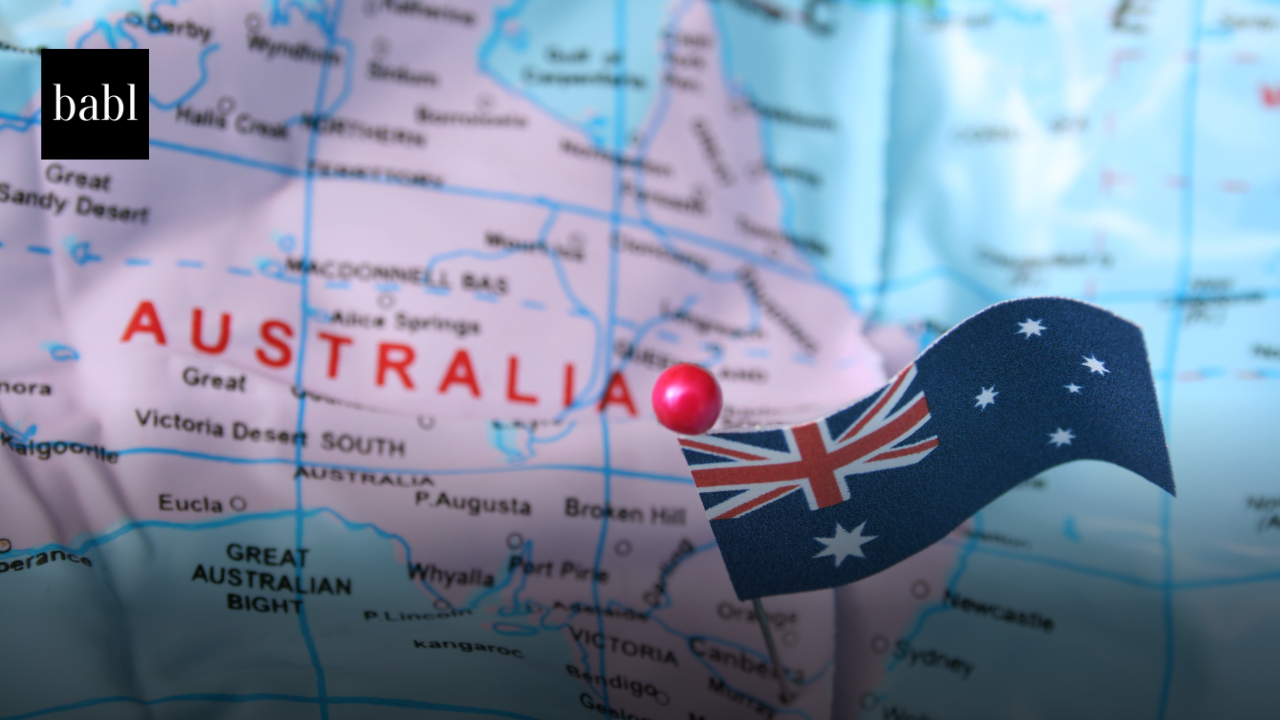The Saudi Data and Artificial Intelligence Authority (SDAIA) released comprehensive guidelines on the ethical use of deepfake technology, a move aimed at addressing the increasing concerns surrounding the potential misuse of this powerful artificial intelligence (AI) tool. The guidelines, titled “Deepfakes Guidelines Version 1.0,” set out principles for developers, content creators, consumers, and regulators to ensure that deepfakes are used responsibly while mitigating risks such as identity fraud, disinformation, and non-consensual manipulation.
Deepfakes, which are hyper-realistic synthetic media generated using deep learning techniques, can convincingly alter videos, images, or audio to make it difficult to distinguish real content from fake. While the technology offers innovative opportunities in areas like marketing, entertainment, healthcare, and education, it also poses significant threats. The SDAIA’s guidelines provide clear recommendations to help stakeholders harness the positive potential of deepfakes while preventing harm.
Defining Ethical and Malicious Use
The guidelines make an important distinction between malicious and non-malicious uses of deepfakes. Malicious applications are those designed to deceive or harm others, including fraud, identity theft, and the spread of false information. Non-malicious applications, such as entertainment, education, or medical training, can be beneficial when they respect consent and transparency requirements. SDAIA highlights real-world examples of the technology’s risks, including a case where scammers used a deepfake video call to impersonate a senior executive and defraud a company. The authority also notes the psychological and reputational harm caused by non-consensual explicit deepfakes, stressing that such actions violate privacy and human dignity.
Responsibilities for Developers and Creators
The guidelines urge AI developers to uphold the highest standards of privacy, transparency, and accountability. Developers must implement explicit consent management systems and document how AI models are trained. SDAIA also recommends using traceability tools, such as metadata and watermarking, to identify synthetic content and support public trust. For content creators, SDAIA advises embedding visible or digital watermarks to differentiate synthetic media from real content. Creators must obtain explicit permission before using someone’s image, likeness, or voice in deepfake content. These steps help prevent misuse and ensure that synthetic media remains clearly distinguishable and ethically sourced.
Consumer Protection and Public Awareness
The guidelines also empower consumers to detect and protect themselves against malicious deepfakes. SDAIA encourages individuals to use AI-based detection tools and to inspect media for inconsistencies in lighting, facial movement, or synchronization. Consumers should verify content sources before sharing or acting on digital media that appears suspicious. Public awareness plays a central role in SDAIA’s strategy. The authority recommends education campaigns to help individuals and organizations recognize manipulated content and understand the broader implications of deepfake misuse. Raising awareness, it argues, is essential to combat the spread of digital disinformation.
Toward Global Cooperation and Regulation
SDAIA’s guidelines go beyond ethics and call for robust regulatory frameworks. The recommendations include requiring approval processes for deepfake technologies, conducting formal risk assessments, and establishing penalties for unethical or illegal use. Because deepfakes are a global phenomenon, the authority emphasizes the need for international cooperation to harmonize oversight and enforcement mechanisms. By publishing these guidelines, Saudi Arabia positions itself among the growing number of nations developing governance frameworks for synthetic media. SDAIA’s balanced approach—encouraging innovation while enforcing responsibility—sets a regional benchmark for how governments can manage the dual-use challenges of AI-driven technologies.
Need Help?
If you have questions or concerns about the Saudi Authority’s AI proposals and guidelines, or any global guidelines, regulations and laws, don’t hesitate to reach out to BABL AI. Their Audit Experts can offer valuable insight, and ensure you’re informed and compliant.





